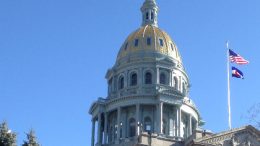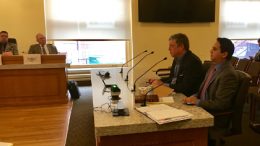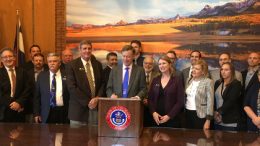Unaffiliated voter’s choice of primary ballot should be public record, state lawmakers say
When Colorado’s unaffiliated voters participate in next year’s political party primaries, whether they choose Republican or Democratic ballots should be public information, a panel of state lawmakers affirmed.








